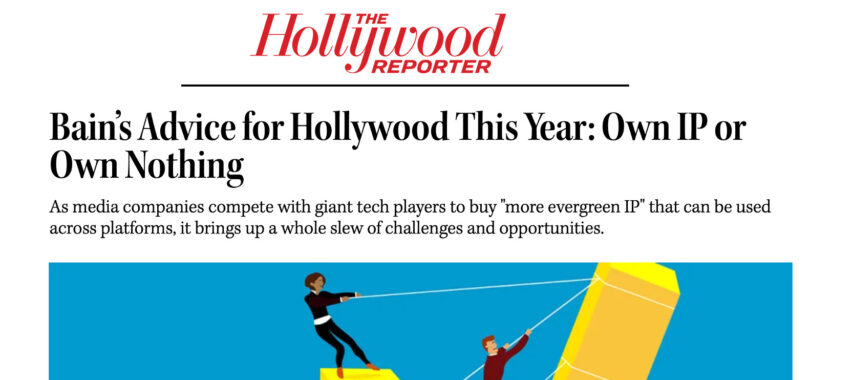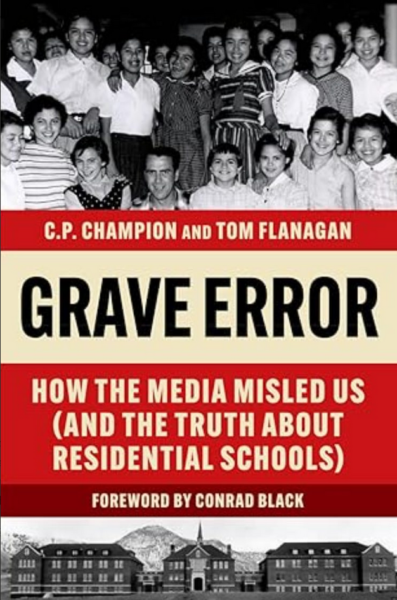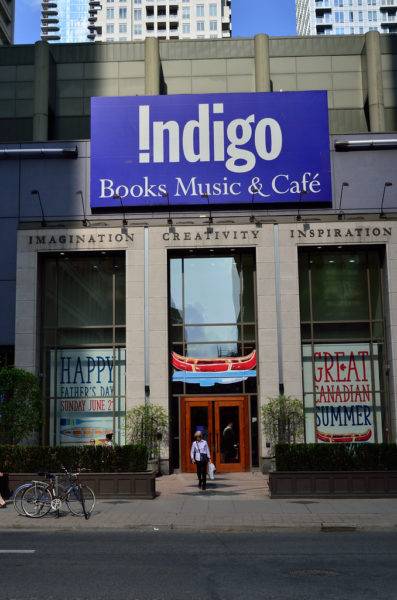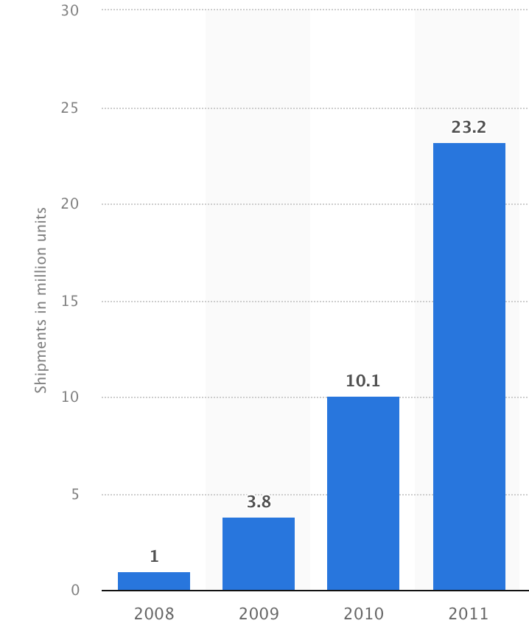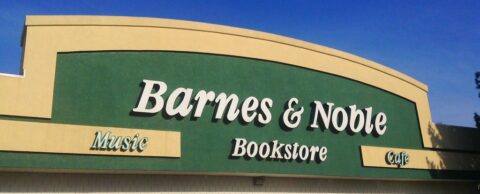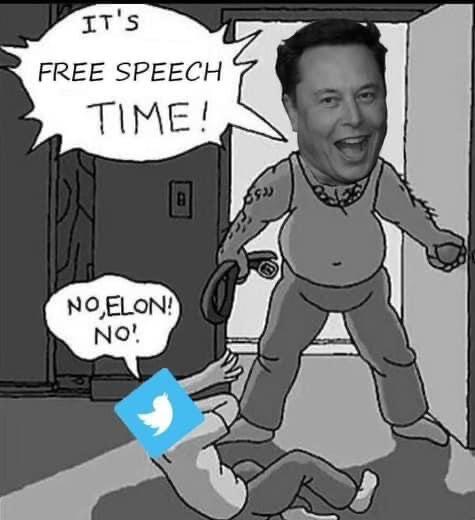Back when my job required more travel, one of the things I used to look forward to was visiting US bookstores, as they always had a wider and more interesting stock than our staid Canadian equivalents. Over time, the interesting local bookstores got harder and harder to find as the big box stores like Borders and Barnes & Noble took over much of their customer base. Of the two, I much preferred going into a Borders store, as they had better stock than B&N and the staff seemed friendlier and (generally) more helpful to clueless foreigners like me. Borders went under around the same time my business travels to the US tapered off and it looked like it was only a matter of time for B&N to follow it into bankruptcy. Even if it struggled on, surely the pandemic killed off what Amazon left behind? Ted Gioia says not so fast:
But Barnes & Noble is flourishing. After a long decline, the company is profitable and growing again — and last week announced plans to open 30 new stores. In some instances, they are taking over locations where Amazon tried (and failed) to operate bookstores.
Amazon seems invincible. So the idea that Barnes & Noble can succeed where its much larger competitor failed is hard to believe. But the turnaround at B&N is real. In many instances they have already re-opened in locations where they previously shut down.
Barnes & Noble tried exactly the same sort of “re-imagining” of their stores that Canada’s Indigo chain is currently floundering with: cutting back on the floorspace devoted to books in favour of throw cushions, candles, decorations, bath salts, scarfs and towels. It worked just as badly for B&N as it is working for Indigo: it chases out the primary customer base (book-buyers) in favour of bored people looking to waste away an hour or two just browsing tchotchkes. (And if you can find an Indigo staff member to ask about a particular book, they almost always assure you that you can find it on their website, which I’m sure helps bring more people into the store …) In desperation, B&N looked to expand into a very different market:
… in a bizarre strategic move, the company decided to launch freestanding restaurants under the name Barnes & Noble Kitchen — no books, just meals. But this was another disaster.
The company chairman Leonard Riggio eventually admitted, in September 2018, that running a restaurant is “a lot harder than you think it is … The bottom line is awful.”
Given the incredibly short and profitless life of most start-up restaurants, that really does qualify as a “No shit, Sherlock” moment. So how did Barnes & Noble turn things around?
It’s amazing how much difference a new boss can make.
I’ve seen that firsthand so many times. I now have a rule of thumb: “There is no substitute for good decisions at the top — and no remedy for stupid ones.”
It’s really that simple. When the CEO makes foolish blunders, all the wisdom and hard work of everyone else in the company is insufficient to compensate. You only fix these problems by starting at the top.
In the case of Barnes & Noble, the new boss was named James Daunt. And he had already turned around Waterstones, a struggling book retailing chain in Britain.
Bringing in fresh blood can be a life-saver for a business, but we also have that expression about deck chairs on the Titanic in common business parlance, so just being “new” isn’t enough … new leaders must also bring new approaches and fresh ideas:
But the most amazing thing Daunt did at Waterstones was this: He refused to take any promotional money from publishers.
This seemed stark raving mad. But Daunt had a reason. Publishers give you promotional money in exchange for purchase commitments and prominent placement — but once you take the cash, you’ve made your deal with the devil. You now must put stacks of the promoted books in the most visible parts of the store, and sell them like they’re the holy script of some new cure-all creed.
Those promoted books are the first things you see when you walk by the window. They welcome you when you step inside the front door. They wink at you again next to the checkout counter.
Leaked emails show ridiculous deals. Publishers give discounts and thousands of dollars in marketing support, but the store must buy a boatload of copies — even if the book sucks and demand is weak — and push them as aggressively as possible.
Publishers do this in order to force-feed a book on to the bestseller list, using the brute force of marketing money to drive sales. If you flog that bad boy ruthlessly enough, it might compensate for the inferiority of the book itself. Booksellers, for their part, sweep up the promo cash, and maybe even get a discount that allows them to under-price Amazon.
Everybody wins. Except maybe the reader.
Daunt refused to play this game. He wanted to put the best books in the window. He wanted to display the most exciting books by the front door. Even more amazing, he let the people working in the stores make these decisions.
This is James Daunt’s super power: He loves books.
“Staff are now in control of their own shops”, he explained. “Hopefully they’re enjoying their work more. They’re creating something very different in each store.”
This crazy strategy proved so successful at Waterstones, that returns fell almost to zero — 97% of the books placed on the shelves were purchased by customers. That’s an amazing figure in the book business.
On the basis of this success, Daunt was put in charge of Barnes & Noble in August 2019. But could he really bring that dinosaur, on the brink of extinction, back to life?



